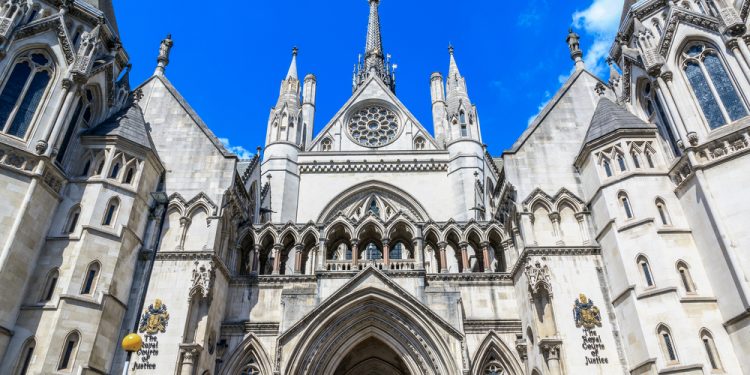The court overturned an earlier judgement, and ruled that HMRC could impose 40 per cent IHT on pension transfers made by those who know their life expectancy is impaired.
Effectively this means those who die within two years of this transfer could see their pension pot included within their estate and subjected to IHT. In some circumstances these rules could apply beyond a two-year period.
This landmark case involved a woman called Mrs Staveley, who, following a hostile divorce, transferred pension benefits into a personal pension scheme when she was terminally ill in November 2006.
In December 2006, Mrs Staveley died without crystallising her personal pension benefits.
As she knew she was terminally ill when she made the transfer, HMRC treated it as a “chargeable lifetime transfer” followed by an “omission to act”, in other words, not drawing any of her personal pension benefits.
HMRC argued the two actions were associated and deliberately designed to reduce the value of her estate for IHT purposes. Consequently, they applied an IHT charge.
Mrs Staveley’s legal representatives and two sons challenged HMRC.
Initially the Upper Tribunal of the Tax and Chancery Chamber rejected HMRC’s arguments in January 2017. This court said any IHT advantage gained was not intended to confer “gratuitous benefit” and the main reason for the transfer was to prevent any excess element being returned to her ex-husband’s sponsoring employer.
The court of appeal has now overturned that ruling in favour of HMRC.
AJ Bell senior analyst Tom Selby says: “This ruling at best causes major confusion for pension savers in ill-health, and at worst risks landing their beneficiaries with a shock 40 per cent tax bill on the money left behind by a loved one.
“It is frankly bizarre that someone who transfers from one DC plan to another now risks being hit with a 40 per IHT bill – even if the transfer doesn’t materially change the money that will be passed on if they die within two years.
“This is already something defined benefit (DB) members in ill-health can fall foul of, although whether or not this is the case depends on the interpretation of their intentions at the time.”
He adds: “What we are left with is a complex, nonsensical web of rules which risk layering on extra worry for beneficiaries at a time where they are likely to be suffering from serious emotional distress.
“Instead of allowing court rulings to determine whether IHT is due on retirement funds left behind, the Government could radically simplify the system by exempting pensions from IHT altogether.”
Quilter pension expert Ian Browne say that these laws essentially penalise people who have a terminal illness for good financial planing.
He adds: “This is a legacy of an outdated inheritance tax system, which remains off kilter with pension freedoms.
“Under the current rules, if a pension transfer is made while someone is in ill-health then there is a risk that HMRC will challenge the IHT-free status of the death benefits if the person passes away within two years of the transfer. “
He called on the channcellor to address this issue in the upcoming budget and Inheritance Tax Review.
Anyone who knows their life expectancy is impaired, should assume a full transfer value is taxable, he adds. “However even with the possibility of IHT, a transfer may still be beneficial in some circumstances.”





